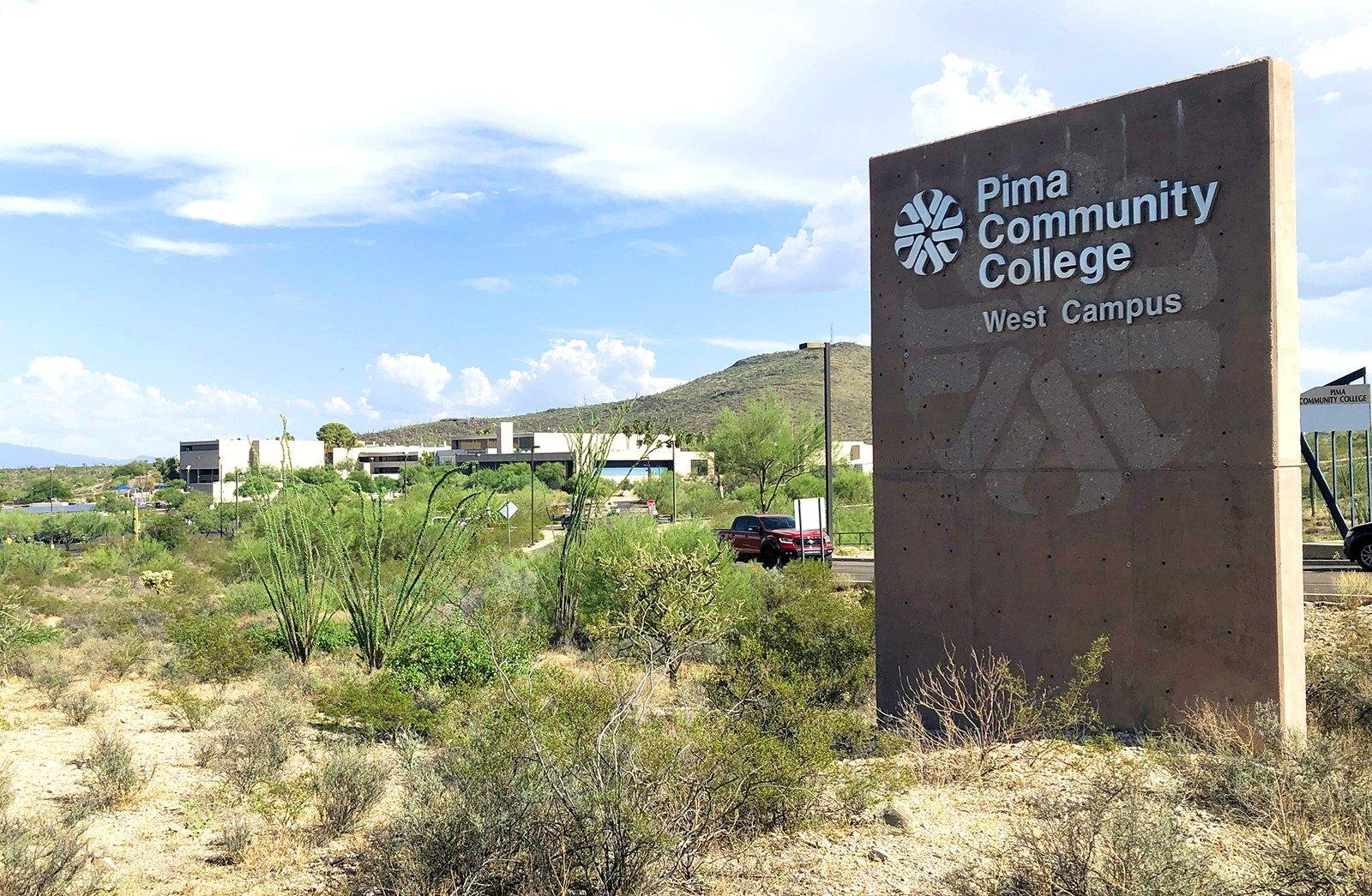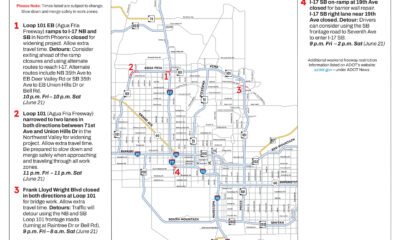Business
PCC Receives Accreditation with Notable Conditions, Oro Valley Gears Up for Innovative Chip Sealing Initiative

Pima Community College has retained its accreditation for delivering associate degrees following a recent evaluation by the Higher Learning Commission. However, the college faces two areas for improvement that will be discussed during a holiday meeting of the governing board on President’s Day.
During a site visit in the fall, commission representatives highlighted concerns regarding how Pima manages its various remote programs, particularly those conducted on high school campuses through dual enrollment. Now, the college must develop a corrective action plan. The second concern revolves around measuring student success, which presents a more significant challenge than simply implementing administrative controls.
Importantly, the commission is not questioning actual student achievement; rather, it seeks enhancements in how this success is measured and tracked. The college needs to devise new metrics, a task educators are usually adept at navigating.
Pima’s history with accreditation has been tumultuous. A decade ago, the institution found itself under severe scrutiny. Today, it has demonstrated significant progress, although success in improving its governance structure may be hampered by a divided board and multiple chancellors.
In a separate development, the Oro Valley Town Council is considering the approval of an urgent request to replace its malfunctioning chip sealer, a crucial tool for maintaining pavement. The Public Works staff proposed reallocating funds originally designated for a new dump truck to acquire a chip sealer for $105,000 instead.
While the topic may not spark excitement, neglecting pavement preservation can lead to far more costly repairs in the future. The Public Works department is rightly prioritizing this initiative, ensuring fiscal responsibility over time.
The council will also deliberate on a rezoning appeal from the Church of the Nazarene, which seeks to construct a 40-foot sanctuary in an area where zoning laws limit building height to 18 feet. Despite recommendations allowing for a taller structure, local opposition and non-compliance with the town’s general plan have complicated the request.
In South Tucson, approval of a public safety bond in November has paved the way for the town to acquire a new fire truck. The council will soon vote on hiring a consultant to enhance the sustainability of the fire and emergency services department, with input from three firms
Additionally, the council plans to discuss a partnership with the Catholic Community Services’ Pio Decimo Center to run youth and family services with a $100,000 Community Development Block Grant. This cooperation aims to minimize costs by leveraging existing local non-profit resources. Although recent political discussions question the administration of such grants, community needs continue to drive these initiatives forward.
In another issue, a glitch in the Arizona Motor Vehicle Division’s computer system last fall hindered the verification of around 200,000 voters’ eligibility. The Santa Cruz County Board of Supervisors is set to accept funding from the state to resolve eligibility confirmation for over 1,800 voters impacted by this error.
Meanwhile, the Marana Town Council is preparing for its annual retreat, providing an opportunity for strategic discussions on government direction and policies. However, the choice of venue—over two counties away—raises concerns about accessibility for residents wishing to engage with their elected officials.


















